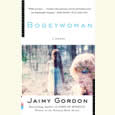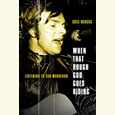Scaling the Empathy Wall
In Strangers in Their Own Land, sociologist Arlie Russell Hochschild finds the heart of the political right
The first presidential debate between Hillary Clinton and Donald Trump on September 26 drew a record 84 million television viewers. At a time when political differences have never been more pronounced, it seems as if everyone is itching for a fight. Sociologist and bestselling author Arlie Russell Hochschild seeks to discover the cultural and historical underpinnings of this antagonism in Strangers in Their Own Land: Anger and Mourning on the American Right.
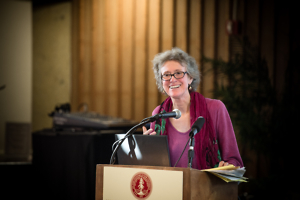
Hochschild, a self-proclaimed Berkeley liberal, locates the heart of this political divide in Southern Louisiana. By closely observing the customs and beliefs she found there, Hochschild discovered what she calls the “deep story” that makes the current political climate unique in American history. Prior to her forthcoming Nashville appearance at the Southern Festival of Books, she answered questions via email from Chapter 16:
Chapter 16: The widening political divide has been much discussed by journalists and political scientists. What tools of sociologists can lend new insights to the question?
Arlie Russell Hochschild: We bring to it a commitment to “deep emersion research” and a commitment to the time it takes—which was, in my case, five years.
Chapter 16: Why Louisiana, as opposed to, say, Texas or South Carolina?
Hochschild: I knew the right had grown most rapidly in the South, among whites, older people. But where in the South should I go? I wondered. The 2012 election results showed that roughly half of whites in California voted for the re-election of Barack Obama, a third of whites in the entire South voted for him, but only sixteen percent of whites in Louisiana. So Louisiana was the super-South—where I could find an enclave as far right as Berkeley, California, is far left.
Chapter 16: You write with eloquence about the “delicate dilemma” of older white men who feel others have been “cutting in line” ahead of them. Why were these men especially primed to hear the message of Donald Trump?
Hochschild: Because they felt their honor challenged from all sides. As whites, they felt displaced by blacks and Latinos. As men, they felt displaced by women. As old men, they felt displaced by the young. As private-sector workers they felt challenged by the public sector—many of whose workers were female and people of color—and all this while the floorboards of their sector of the economy, long creaky, had begun to break.
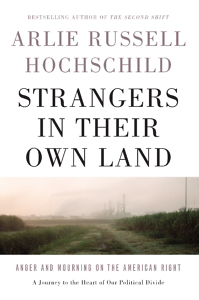 Chapter 16: You devote an index to refuting with facts some commonly held and utterly wrong tenets of the far right, such as the belief that black women have more children than white women. Why does the introduction of verifiable fact seem to do little to dispel these myths?
Chapter 16: You devote an index to refuting with facts some commonly held and utterly wrong tenets of the far right, such as the belief that black women have more children than white women. Why does the introduction of verifiable fact seem to do little to dispel these myths?
Hochschild: Deep stories—of all sorts—put a spotlight on some truths and cast a shadow on others. Deep stories—life as it is felt—determine what we want to feel, and our receptivity to truth.
Chapter 16: Since the book’s publication, how have the people you profiled reacted to it?
Hochschild: Before I began the book tour I’m on now, I went to Louisiana to host a dinner for all the people who were featured in the book or helped me with it. I’m happy to say that they were generally very pleased with my description of them, even if they didn’t agree with the underlying focus on the environment or other things. Lee Sherman took me on a tour of the place where he had dropped the heavy-bottom toxic waste into public waters and offered to drive me from Lake Charles to Houston en route to New York. Mike Schaff attended a bookstore reading in New Orleans where I read from the book about him. He bowed his head. Later he told me, “I was crying.”
Chapter 16: Do you believe that any of the people you studied on the right—or the left—have softened their attitudes as a result of conversations you initiated?
Hochschild: I think our conversations gave them a space to go more slowly. When I asked Mike Schaff about when his high school was racially integrated, “Did you make any new friends?” he answered, “You’re making me think.”
Chapter 16: Can ordinary citizens begin to achieve what you call “the capacity to connect across difference”?
Hochschild: Every day and all the time.
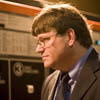
Michael Ray Taylor teaches journalism at Henderson State University in Arkadelphia, Arkansas. He is the author of several books of nonfiction and coauthor of a textbook, Creating Comics as Journalism, Memoir and Nonfiction.

